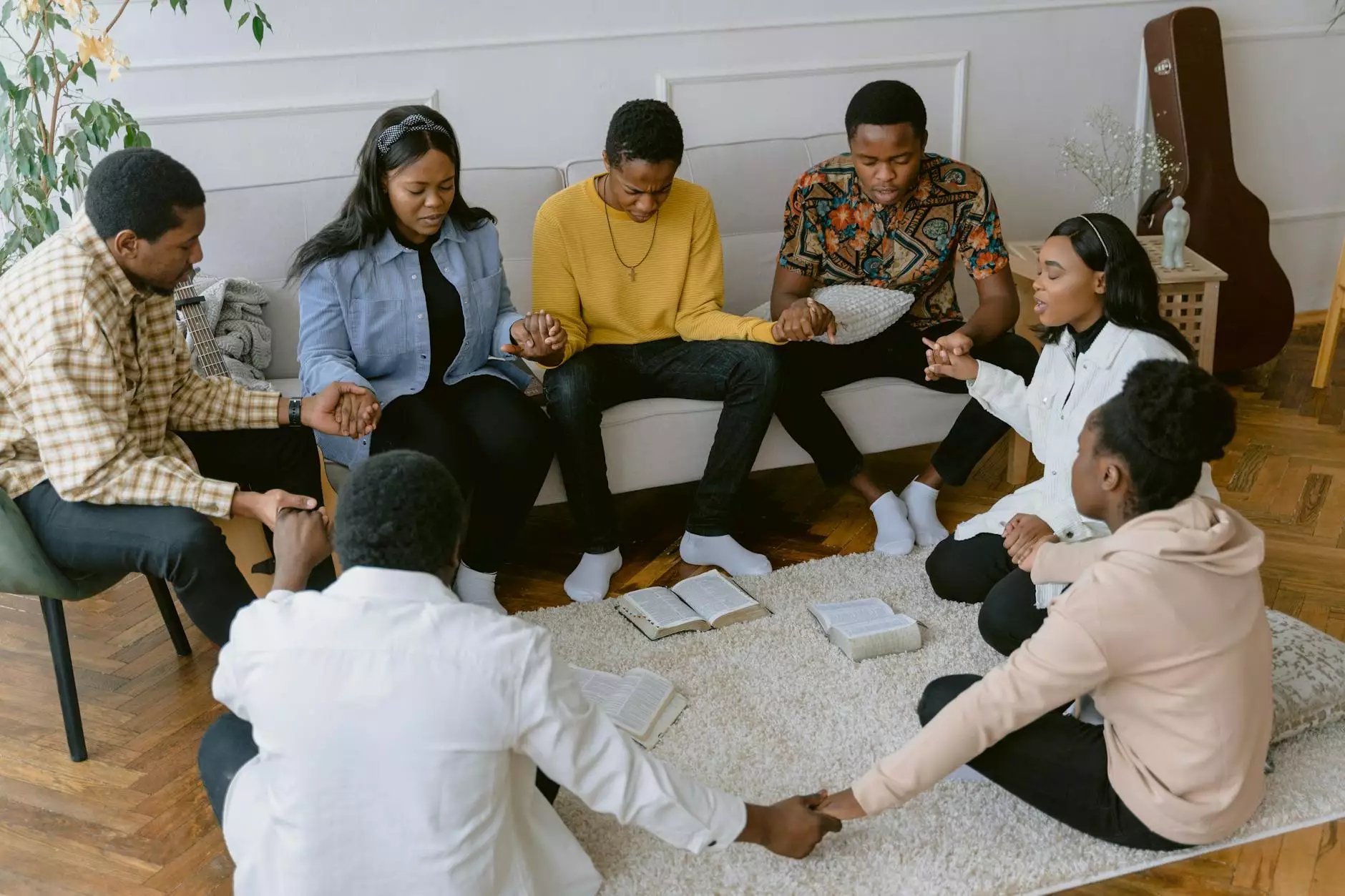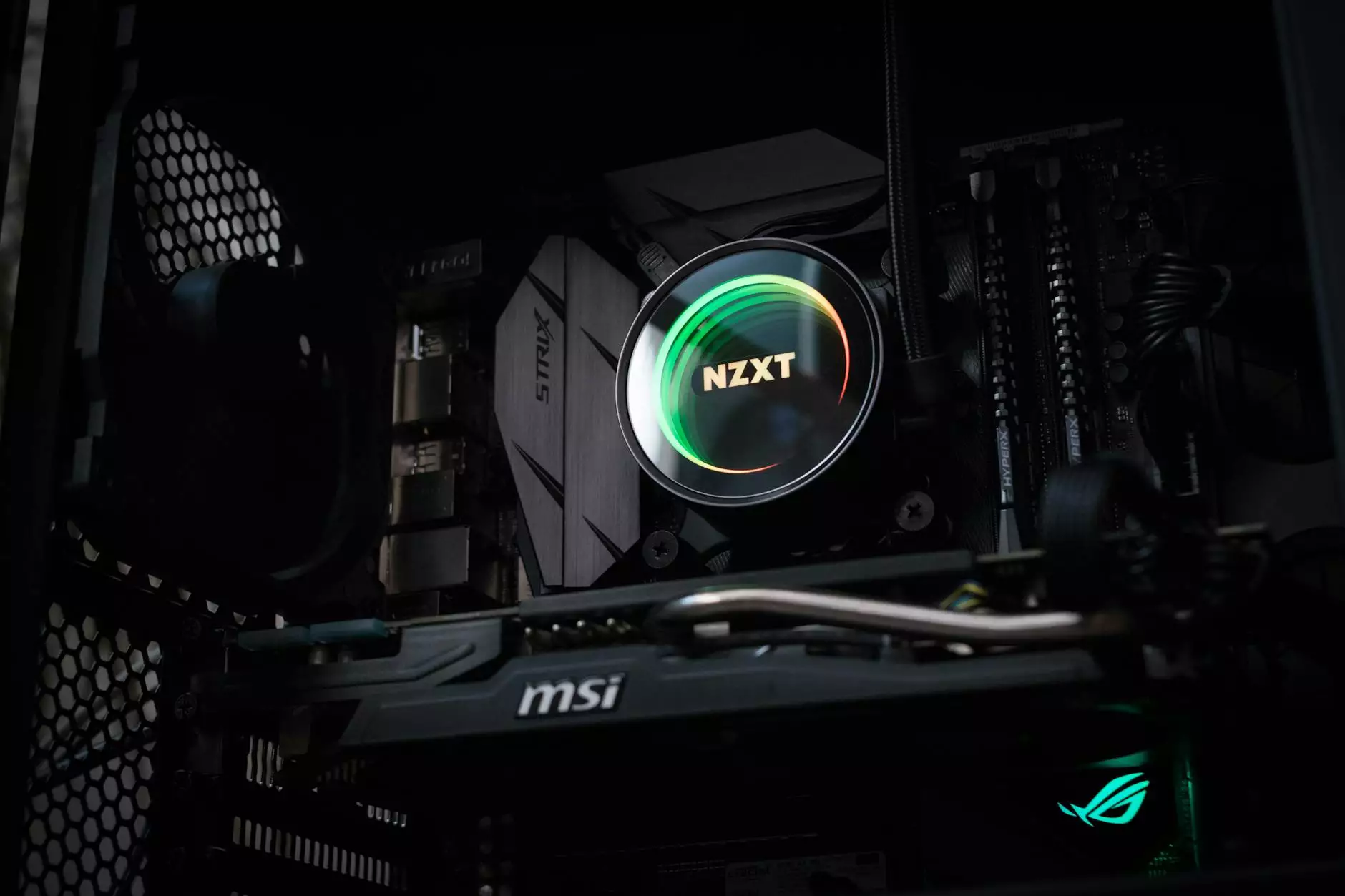Exploring the Vibrant Community of Synagogues, Religious Organizations, and Churches

In the heart of Zion, NYC, a rich tapestry of community life is woven together by the threads of various synagogues, religious organizations, and churches. These institutions serve more than just places of worship; they are pivotal in fostering community ties, cultural heritage, and social support systems. This article delves deeply into the significance of these institutions, their contributions to society, and how they cultivate a sense of belonging in a bustling urban environment.
The Role of Synagogues in Community Building
Synagogues are indeed more than places designed for prayer and worship; they embody a profound sense of community. In Zion, NYC, these sacred spaces are vital for maintaining Jewish cultural traditions and providing social support among their congregants.
Cultural Preservation
Every synagogue hosts events that educate and celebrate the community's rich cultural heritage. From educational classes on Hebrew scriptures to celebrations of Jewish festivals, synagogues play a crucial role in preserving traditions.
Social Support Systems
Not only do synagogues provide spiritual sustenance, but they also serve as vital support networks. Many offer programs such as:
- Community dinners that bring people together to share fellowship and food.
- Charitable initiatives that help the needy, including food drives and fundraisers.
- Support groups for those facing life challenges, including grief counseling and family support.
Engagement and Outreach
To further their impact, many synagogues in Zion engage in outreach initiatives that welcome non-Jewish community members, emphasizing interfaith dialogues and shared humanitarian efforts.
Religious Organizations: Beyond the Walls of Faith
Religious organizations encompass a broad array of groups that aim to promote specific religious beliefs and practices. In Zion, these organizations serve as cornerstones of hope and resources for spiritual growth.
Community Engagement and Volunteering
Many religious organizations promote volunteerism, encouraging their members to engage with the community positively. This can include:
- Local outreach programs that serve marginalized populations.
- Educational workshops that provide knowledge on various social issues.
- Advocacy initiatives aimed at influencing local and state policies for social justice.
Creating a Sense of Belonging
Religious organizations often host various events, from potluck dinners to community picnics, enhancing social connections and creating a sense of belonging and togetherness among their members.
Churches: A Sanctuary for Spiritual Growth
Churches in Zion, NYC are at the forefront of providing spiritual guidance and nurturing faith among their congregants. They are not mere buildings but vibrant communities of believers committed to collective worship and growth.
Spiritual Programs and Activities
Churches typically offer various programs tailored to different demographic groups, ensuring that everyone feels included:
- Children’s ministries that focus on teaching values in a fun and engaging way.
- Youth activities that provide mentorship and social interaction.
- Adult study groups aimed at deeper theological understanding.
Community Services
Many churches have expansive community service programs that include:
- Food pantries that serve the hungry in the community.
- Clothing drives aimed at helping those in need.
- Health clinics providing essential medical services to underserved populations.
The Intersection of Faith and Community Development
The intertwined nature of faith and community is evident in Zion, where synagogues, religious organizations, and churches are not only spiritual havens but also hubs for community development.
Collaborative Efforts
In many cases, these institutions collaborate on projects that benefit the wider community, promoting peace and fellowship. Initiatives such as community service days or interfaith celebrations foster a spirit of unity among diverse groups.
Building Bridges Through Understanding
By engaging in interfaith dialogues, synagogues, churches, and religious organizations help to break down barriers and promote understanding, creating richer community experiences and broader acceptance of diversity.
Challenges and Opportunities in Today’s World
While the importance of these institutions is clear, they face various challenges that require innovative solutions. Changes in social dynamics, economic pressures, and generational shifts pose unique hurdles.
The Impact of Technology
With the rise of digital interaction, religious organizations must adapt to maintain connection with their congregants. Online services, virtual community meetings, and social media outreach are becoming necessary tools to engage the younger generation.
Fostering Inclusivity
As communities become increasingly diverse, there is a pressing need for synagogues, churches, and organizations to embrace inclusivity actively. This means developing programming that reflects the demographic realities of the community and welcomes people from all backgrounds.
Making a Difference in Our Lives
The presence of synagogues, religious organizations, and churches in Zion serves vital purposes, offering improving lives through spiritual growth, community support, and social action. These institutions provide more than just religious services; they form the bedrock of a thriving, interconnected community.
Conclusion: A Call to Action
As we reflect on the invaluable contributions of synagogues, churches, and religious organizations in Zion, it's imperative to support and participate in their initiatives. Whether through volunteering, researching, or simply attending events, we all have a role to play in fostering a vibrant community spirit. Let’s turn our faith into action and work together for a brighter, more inclusive future in our neighborhoods.
For more information on the works and offerings of these vital community institutions, visit https://zion.nyc/.









